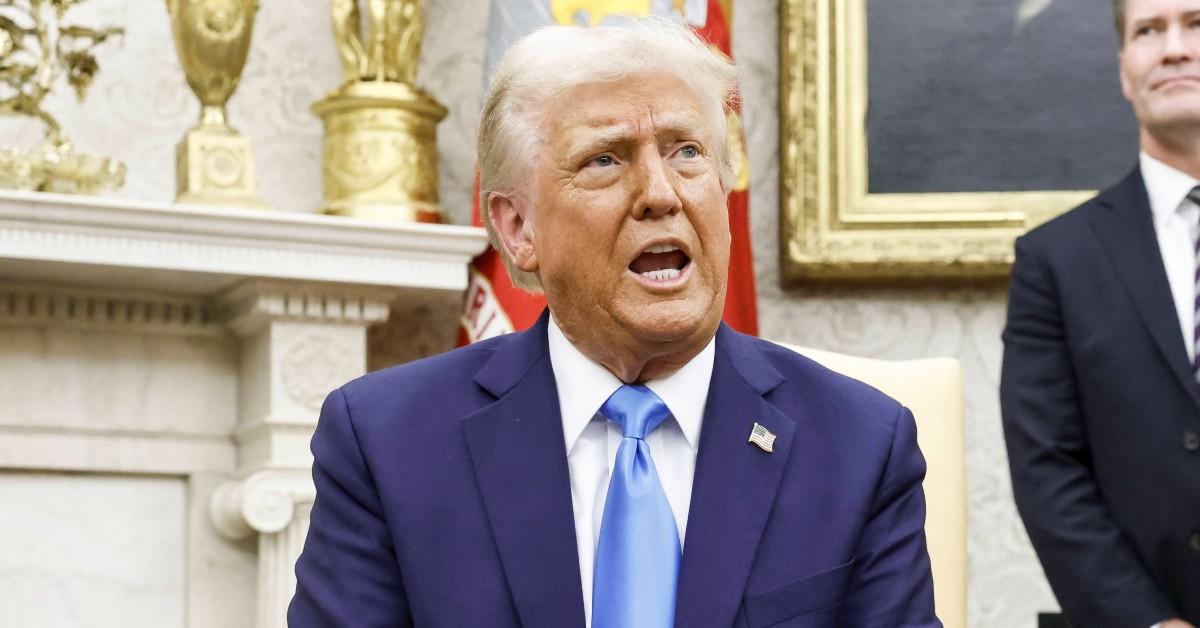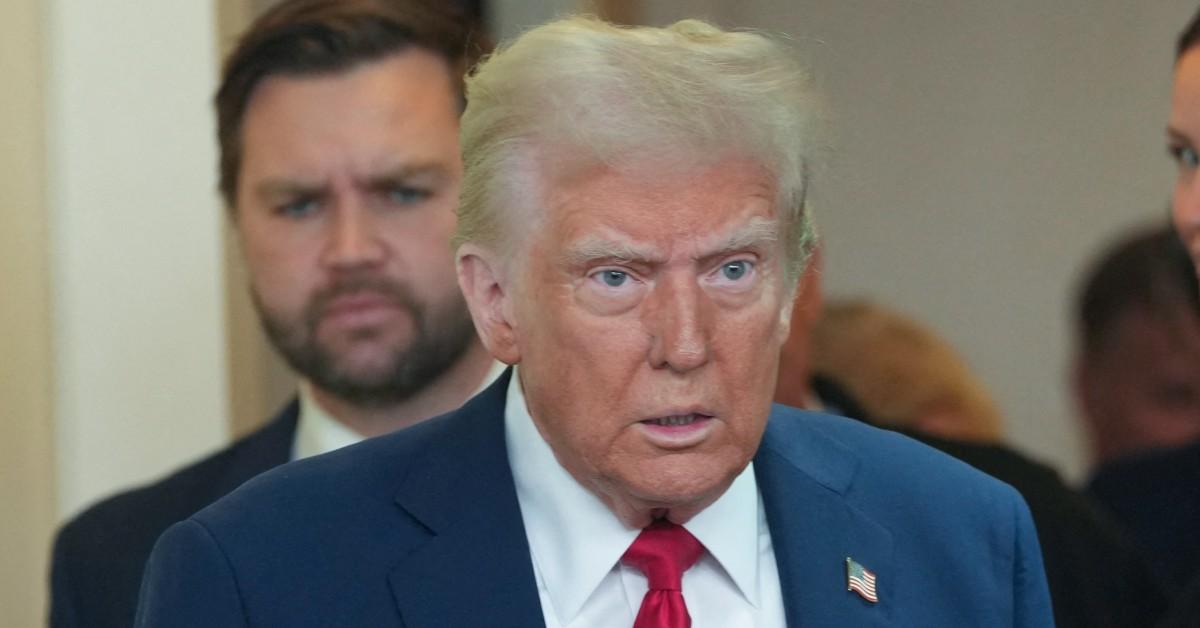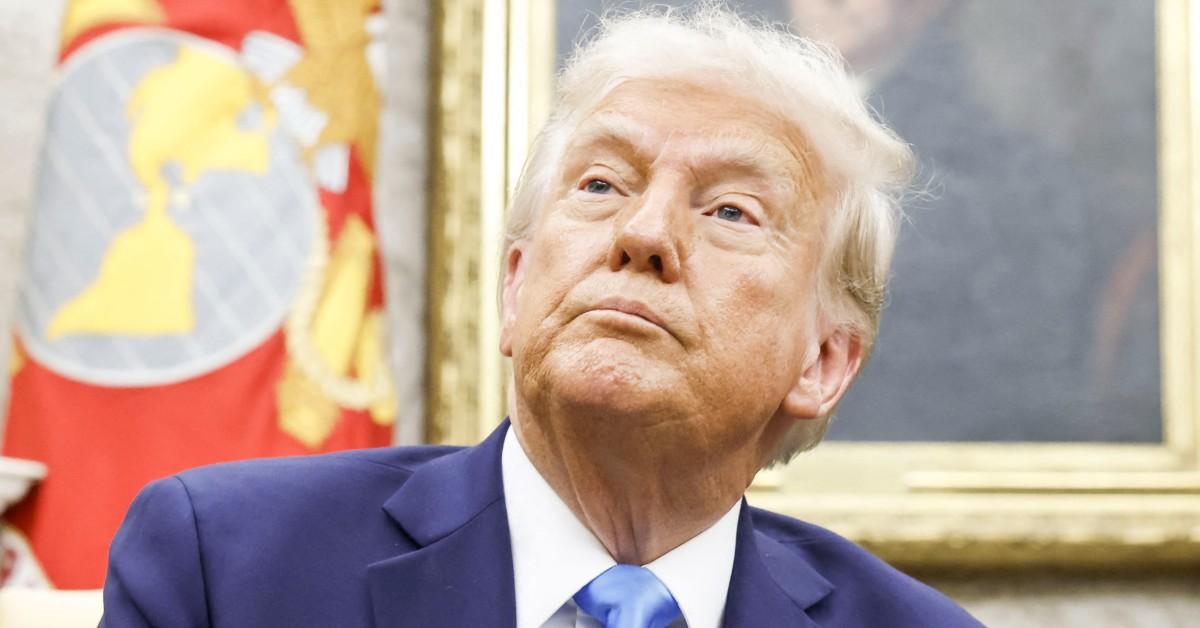That statement echoes with frustration, sarcasm, and a sense of betrayal. It’s not just about the money—it’s about priorities, optics, and the perception of leadership. When a public official, particularly one in the highest office or any position of serious responsibility, appears disengaged or indifferent at a high-profile event funded even partially by taxpayer dollars, the symbolism matters as much as the facts.

The Super Bowl isn’t just a football game; it’s one of the most-watched spectacles in the country, often doubling as a platform for political statements, celebrity showcases, and cultural milestones. When a political figure attends this event, it’s not purely for leisure. It’s a calculated move, often framed as a gesture of unity or national spirit. So, when that presence turns into a spectacle of sleep—literally or metaphorically—it opens the door to criticism. It says something about attentiveness, energy, and perhaps even priorities.
Eighteen million dollars is no small amount. Whether that figure represents the total security and logistical cost of a presidential appearance or includes the broader expenses of executive travel and staffing, it’s money that ultimately comes from taxpayers. Citizens who work 40-hour weeks, pay taxes on everything from their income to their groceries, and face growing economic uncertainty expect a level of seriousness in how their dollars are used—especially during times of inflation, debt ceiling debates, or public service shortfalls.

Now, let’s be clear: leaders do deserve rest, and fatigue is human. But context is everything. If you’re going to represent the nation at one of its most televised events, the bare minimum expectation is to be awake and alert. Falling asleep—or appearing to zone out—sends a poor signal. It undercuts the idea that this appearance had any purpose beyond spectacle. Worse still, it provides ammunition for political opponents and fuels a sense of disillusionment among the public.
Optics matter in politics, especially in the age of social media. A single image or clip can define narratives for weeks. A quick nap in the wrong moment isn’t just embarrassing—it becomes a meme, a campaign ad, or a symbol of disconnect. When people see their leaders seemingly indifferent to events they themselves care deeply about, the emotional disconnect is amplified. Trust erodes. Mockery spreads. And cynicism grows deeper.

Beyond the optics, it raises serious questions about judgment. Was this appearance necessary? Could the money have been better allocated? Should someone have advised against it if the leader wasn’t at full capacity to engage? These are not just partisan jabs; they’re practical concerns about decision-making and prioritization at the highest levels of government. The public doesn’t just fund the appearance—they entrust their leaders to use that platform wisely.
Critics will argue that the anger is overblown—that people fall asleep, that it’s being weaponized for political purposes. There’s truth in that. But when public trust is already strained, the burden of responsibility lies heavier on the shoulders of those in power. Leaders must not only serve—they must be seen serving. When they appear detached, even for a moment, they risk confirming the worst fears of an already skeptical public.
In the end, this moment—this $18 million nap—may fade from the headlines, but it won’t fade from memory. It will linger as a symbol of misaligned priorities, of a system where accountability feels elusive. The sarcasm in the phrase “Congratulations, America” isn’t just about one man sleeping at the Super Bowl—it’s about millions of people waking up to the feeling that maybe, just maybe, they’re being taken for granted.


